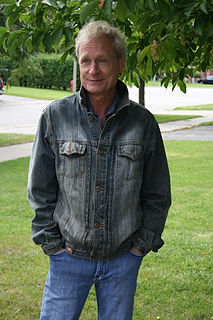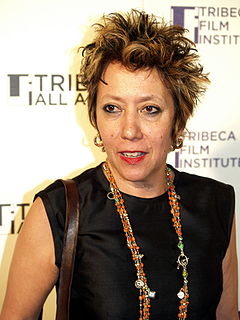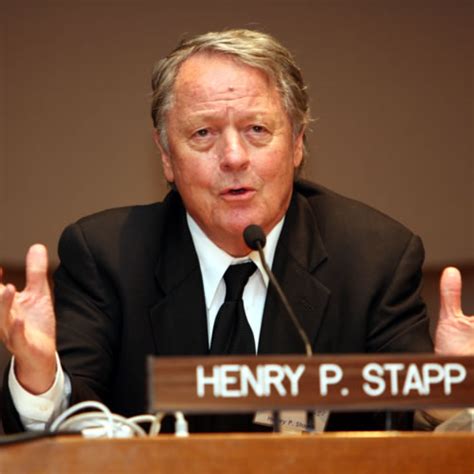A Quote by Alex Tizon
We all, to some degree, absorb the mythologies around us, our vision refracted by the prisms of our particular time and place.
Related Quotes
Writers and scholars have emerged in recent times (some familiar, some new) to continue to challenge the notion of a literature that encompasses the world - and reaffirms our existence in it. It is a multicultural vision that embraces and includes our shrinking universe; it is a multicultural vision that the white man fears and a vision that the rest of us can celebrate.
We can glut ourselves with how-to-raise children information . . . strive to become more mature and aware but none of this will spare us from the . . . inevitability that some of the time we are going to fail our children. Because there is a big gap between knowing and doing. Because mature, aware people are imperfect too. Or because some current event in our life may so absorb or depress us that when our children need us we cannot come through.
When we have no goal, or when our vision of the goal is obscured, we may lose our sense of purpose. Even when we've prepared ourselves well and have an aptitude for a given activity, poorly directed efforts can rob us of vital energy. We can spend a great deal of our time, money, and other resources running around in circles. Unless we create specific goals that match our purpose in life and unless we keep a clear vision of these goals, we may eventually falter and fail.
Our beliefs about ourselves in relation to the world around us are the roots of our values, and our values determine not only our immediate actions, but also, over the course of time, the form of our society. Our beliefs are increasingly determined by science. Hence it is at least conceivable that what science has been telling us for three hundred years about man and his place in nature could be playing by now an important role in our lives.
We cannot and must not allow ourselves to have the message of Hiroshima and Nagasaki fade completely from our minds, and we cannot allow our vision or ideals to fade, either. For if we do, we have but one course left for us. And that flash of light will not only rob us of our vision, but it will rob us of our lives, our progeny, and our very existence.
Our favorite book is always the book that speaks most directly to us at a particular stage in our lives. And our lives change. We have other favorites that give us what we most need at that particular time. But we never lose the old favorites. They're always with us. We just sort of accumulate them.



































